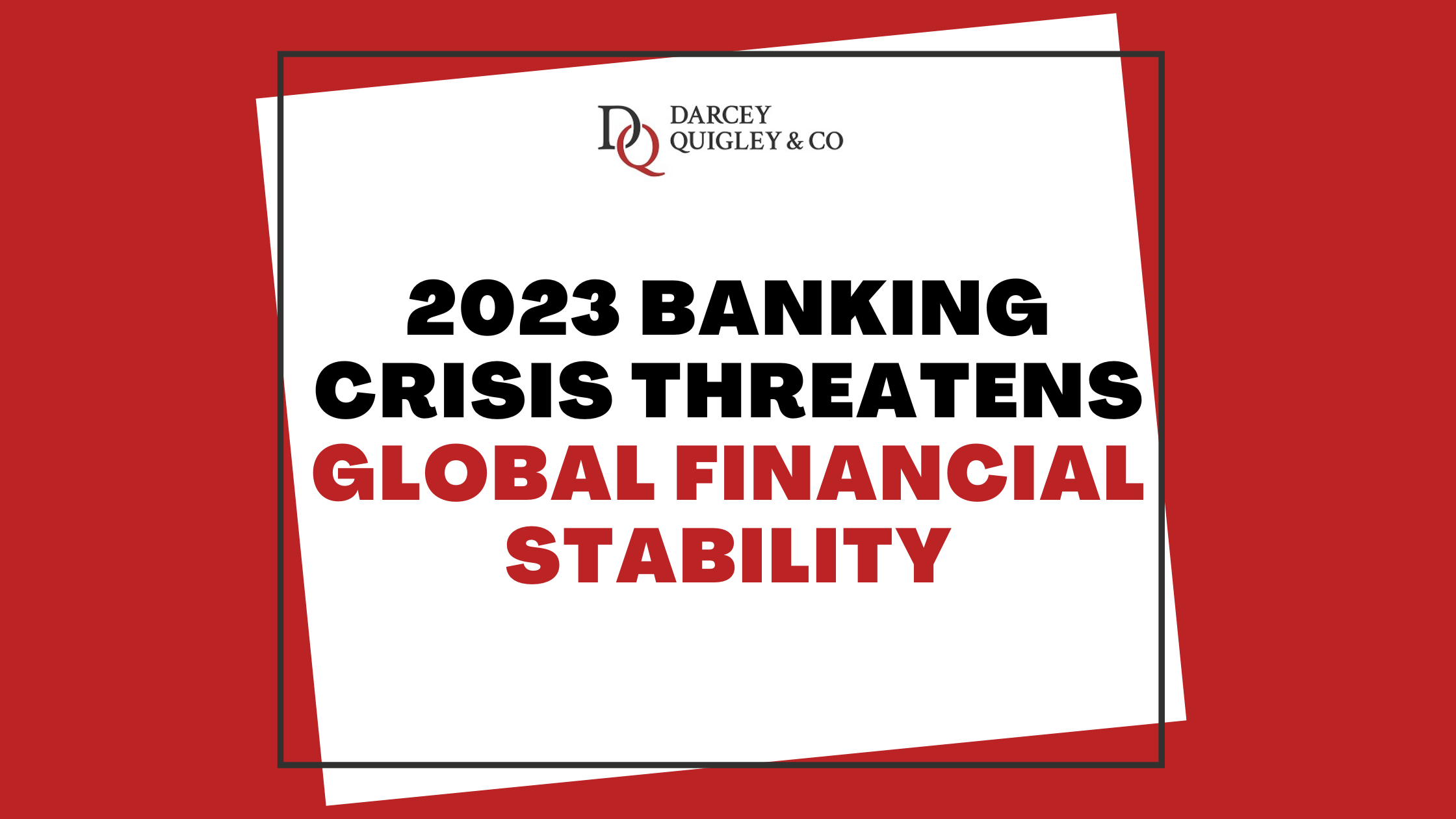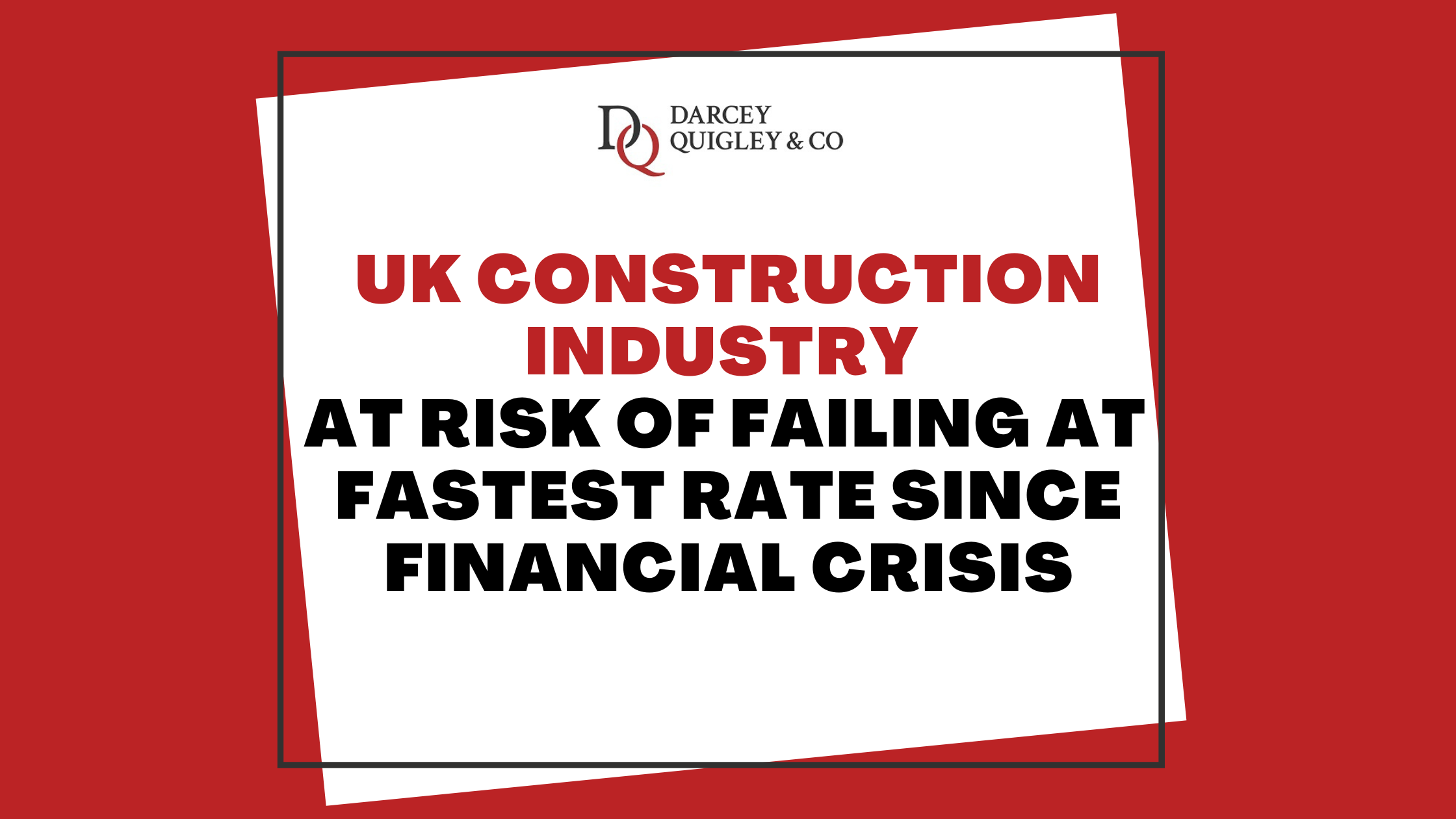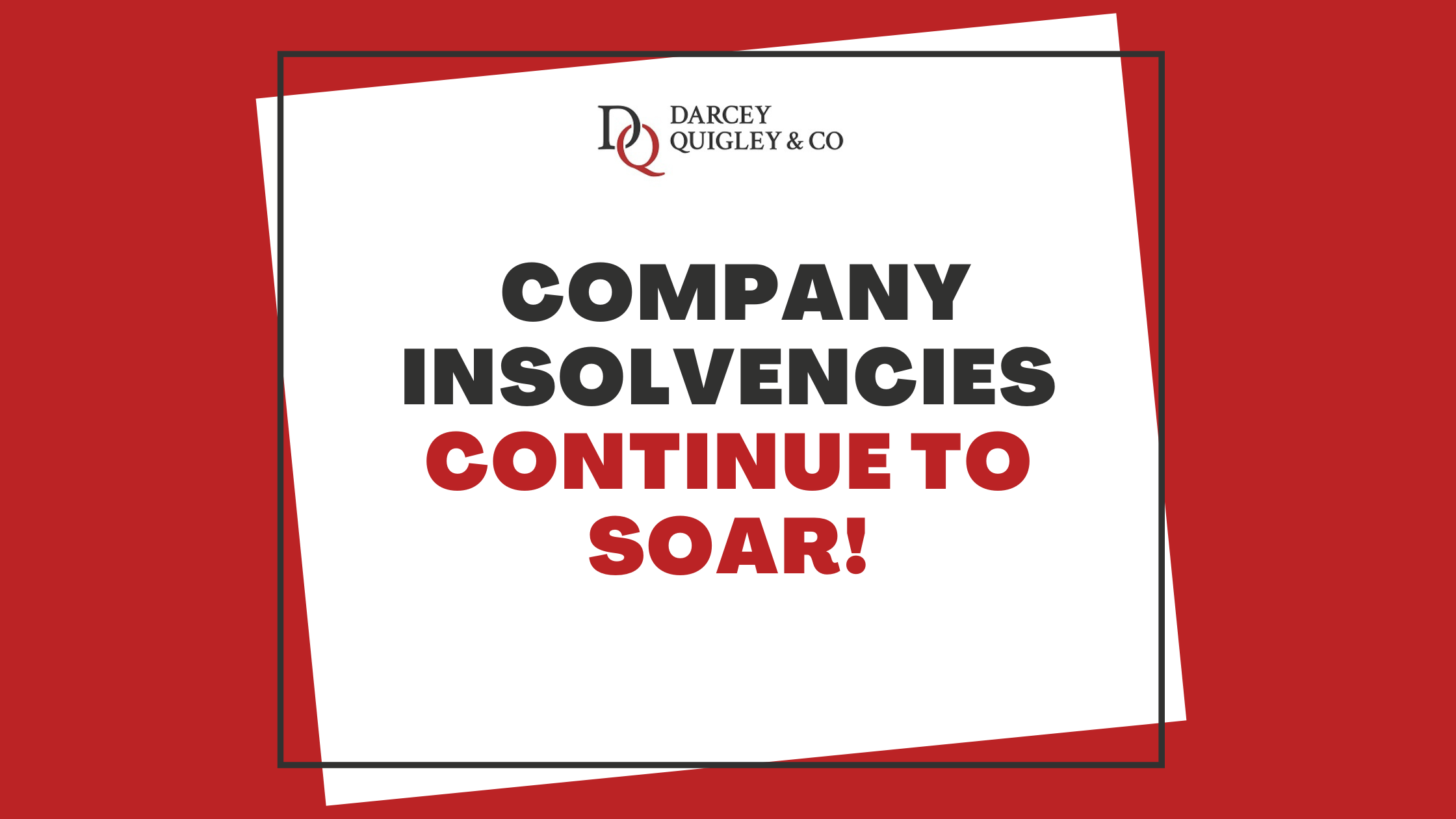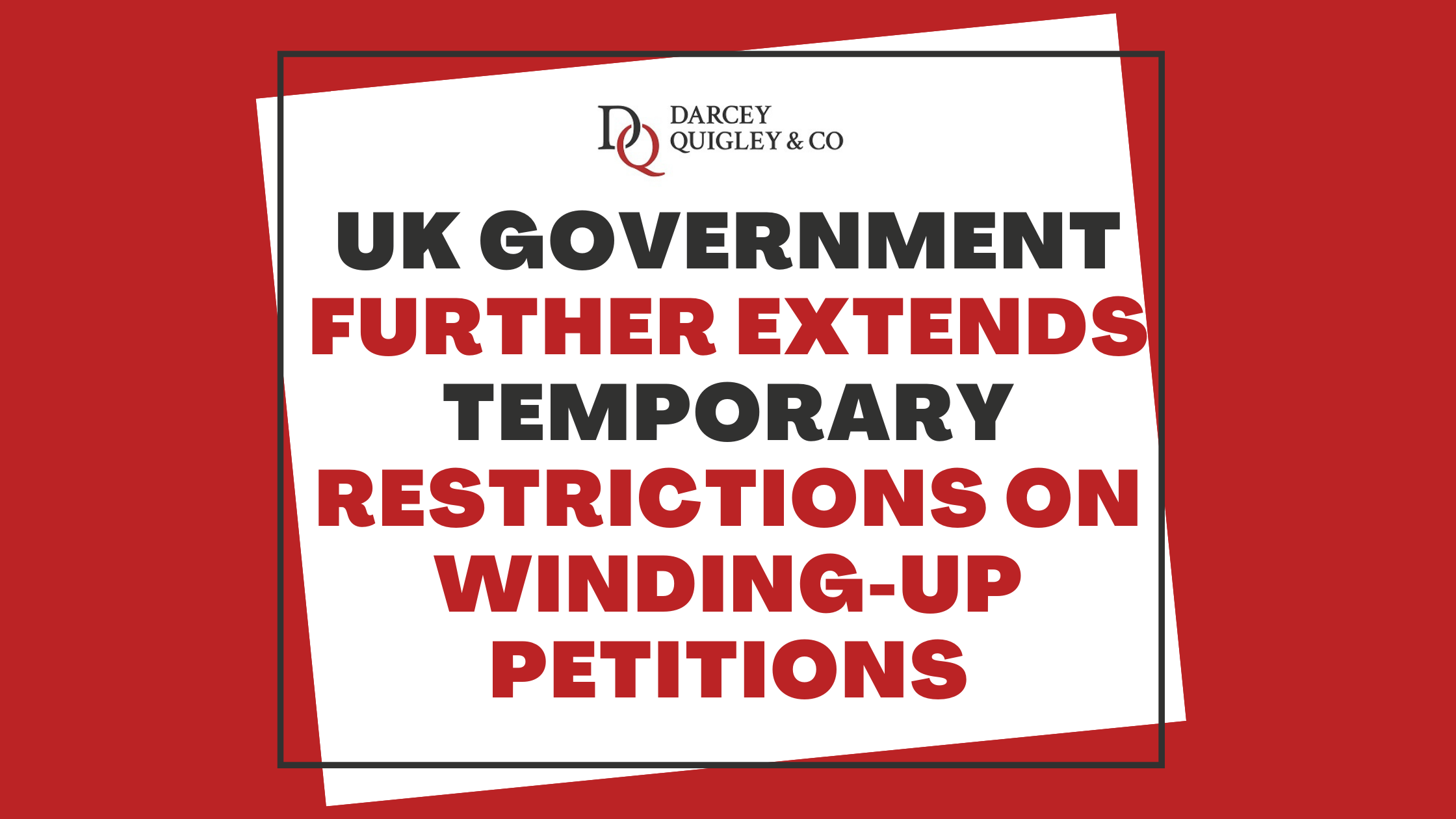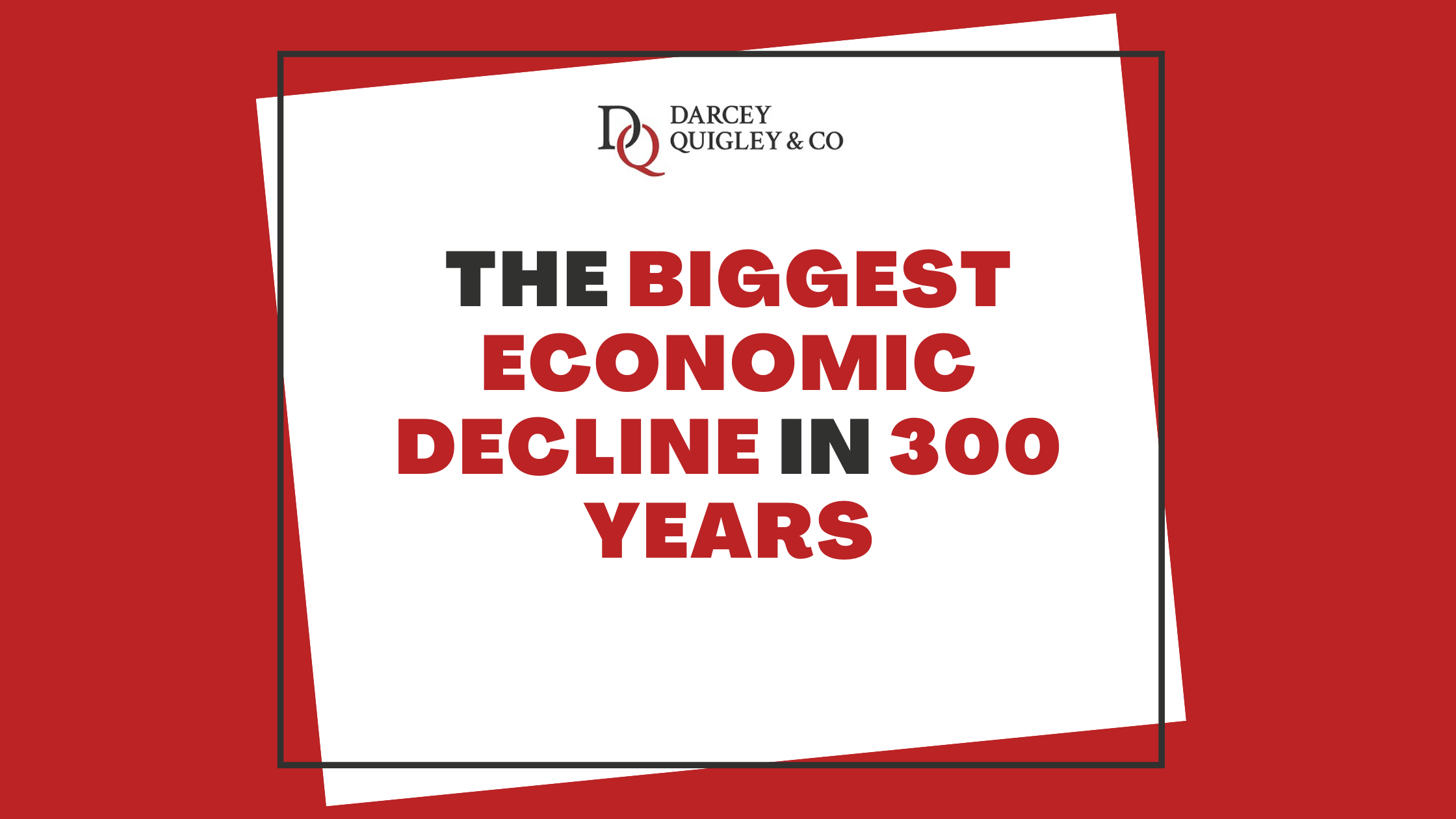The Impact Of Rising Interest Rates On Your Business
Update August 2023: The Bank of England increased interest rates from 5% to 5.25%, the highest interest rates have been in 15 years and the 14th time they’ve risen in just over a year. This means you can now claim more interest on your unpaid invoices and we have updated this article accordingly.
Interest rates have now risen to 5.25%, up from 5%, the largest rise in 27 years. In December 2021 interest rates increased for the first time in three years and now they have increased a record 14 times since.
With interest rates recently pushed up by the Bank of England it is critical that we understand how these changes will affect our businesses.
Inflation is a big driver in the changes to interest rates and in November 2022 inflation reached its highest levels in 30 years at 10.7%, currently five times the Bank of England’s target.
These changes will have an impact on your business:
Late Payment Interest
A huge benefit of higher interest rates is that the amount of statutory interest you are legally entitled to for late payments increases.
The Late Payment of Commercial Debts Act gives you the statutory right to claim interest from your customers in the event of late payment of a commercial invoice.
The amount of late payment interest you can legally charge is 8% plus the Bank of England base rate for business to business transactions which currently sits at 5.25%, so the late payment interest you can charge would be 13.25% of the total invoice value, up from 13%.
We have a full article that explains how you can calculate how much late payment interest and compensation you are entitled to.
Struggling for time? Our free calculator will work out exactly how much late payment interest and compensation you can claim in just seconds!

Imports and exports
An increase in interest rates can increase the value of the British Pound as confidence is shown in the currency, making the Pound stronger.
A stronger Pound makes importing easier as businesses can purchase goods at a cheaper rate. However, exporting may be less favourable as your customers could be paying more for your product, which may cause them to source a supplier in their home country where possible.
Outstanding Loan Repayments
Outstanding business loan repayments are likely to increase, and new loans will also be more expensive, due to increased interest rates.
Companies relying on loans will be put under extreme pressure as interest increases and could find themselves in a position where their repayments only cover interest month after month. This would of course be a perilous position for any business to be in.
As interest rates increase lenders will also be more selective as to which businesses they allow to borrow cash to, so this could also be a factor in loan eligibility.
Businesses and individuals with outstanding loans will see a reduction in disposable income as more cash will need to be allocated to increased loan repayments so you may see a dip in sales and revenue.
Increased incentive on saving rather than spending
Higher interest rates make saving cash more attractive due to the higher yield available thanks to interest.
As more individuals and businesses opt to save rather than spend your business may see a drop in demand so it is worth noting when it comes to future forecasting and planning.
This is likely to lead to lower economic growth but should hopefully bring inflation down too.
Protecting your business in a changing environment
The best remedy for any external impacts on your business is having cash reserves at your disposal that can be used when needed whether there’s a downturn in the market or business booms and need to expand rapidly.
A healthy cashflow will put your business in the best possible position to manoeuvre any precarious situation changes to the economy and market may cause.
Clearing your sales ledger and collecting any overdue amounts that you are owed is one of the quickest (and cost-effective) ways to boost your cashflow. You could be sitting on a small fortune by the time you add up all your outstanding invoices.
There are two ways to kick start 2022 with a healthier cashflow:
Mapping out a stringent credit control process
A good credit control process does not need to be complicated, but it must be a complete process and it takes consistency to keep at it to reap the rewards.
What we mean by complete process is that you should credit check customers when they place new orders so you understand how much of a credit risk they pose so you can offer reasonable credit terms according to risk. You should also have a process for sending payment reminders and chasing invoices when they are due.
We have a complete guide on credit control for your business here.
Collecting overdue invoices
Overdue invoices will keep business owners and credit managers up at night. We understand this because we help people just like you every single day.
Our friendly team are always on hand to discuss any commercial debts you have as well as answer any queries on making your credit management effective. Schedule a call with our team at the time that suits you or call us on 01698 821 468.
Lynne is the Founder and CEO of Darcey Quigley & Co.
She is passionate and determined to help businesses get overdue invoices paid quickly.
Having worked within the credit management industry for over 27 years and ran UK leading commercial debt recovery specialists Darcey Quigley & Co for over 18 years, Lynne has helped businesses recover commercial debts from every continent across the globe.
Connect with me on LinkedIn!



